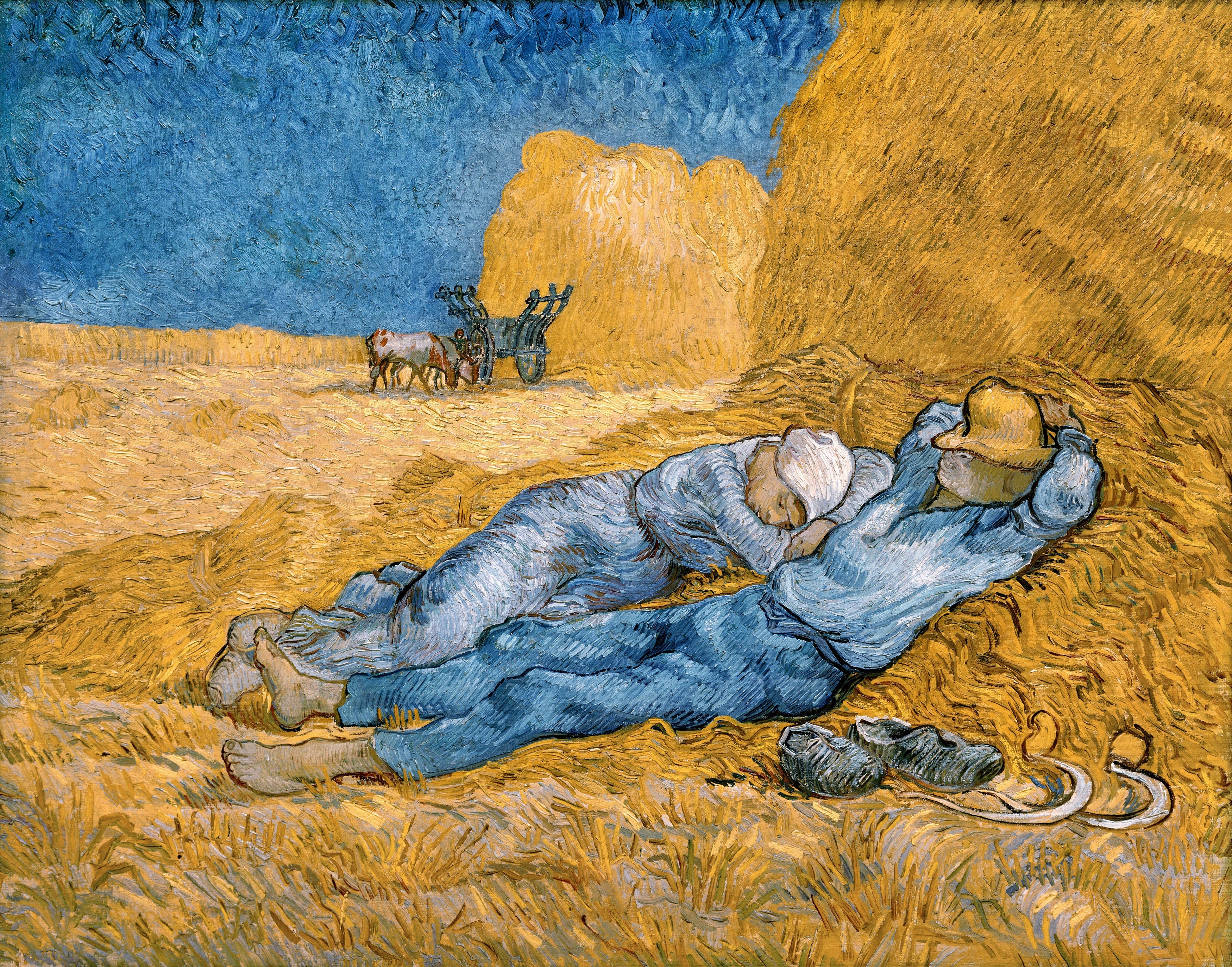
14 Oct Common Antidepressants are Harming Sleep and Worsening Depression: Here are some medications that help
Many people turn to antidepressant medications for relief from depression, but what’s often overlooked is how some of these medications can negatively affect sleep—worsening the very symptoms they aim to treat.
Certain antidepressants, particularly selective serotonin reuptake inhibitors (SSRIs) like fluoxetine (Prozac) or sertraline (Zoloft), can disrupt normal sleep architecture. They may cause insomnia, restless sleep, vivid dreams, or frequent awakenings. Over time, poor sleep quality can deepen fatigue, impair emotional regulation, and intensify feelings of hopelessness—ultimately exacerbating depression. Studies have found that the increased availability of serotonin throughout the brain has significant implications in sleep: too much serotonin activity can suppress REM sleep (the dreaming stage), make you wake up more during the night, and increase lighter stages of sleep. All of this fragments sleep, reducing restfulness.
This creates a frustrating cycle: antidepressants are prescribed to treat depression, but the sleep disruption they cause can worsen mood and delay recovery.
Why Sleep Matters in Depression
Sleep is not just a symptom of depression—it’s a core part of mental health. Deep, restorative sleep supports emotional balance, memory, and resilience. Fragmented or insufficient sleep undermines these processes, making it harder for patients to respond to therapy or medication, causing increased risk of relapse and worsening quality of life.
Better Options: Sleep-Friendly Antidepressants
Not all antidepressants interfere with sleep. Some can even improve it. Alternatives such as:
- Bupropion (Wellbutrin): Unlike SSRIs, bupropion is stimulating during the day but has minimal impact on sleep architecture. Because it isn’t boosting serotonin, it avoids side effects like insomnia, REM sleep disruption, daytime drowsiness, and sexual dysfunction
- Mirtazapine (Remeron): Often used when sleep disruption is a major concern, mirtazapine promotes drowsiness and deep sleep, particularly at lower doses, and at high doses can activate different neural groups that offset sedation.
- Trazodone: Technically an antidepressant, it’s commonly used in lower doses for sleep. It improves sleep continuity without the dependency risks of traditional sleep aids.
Personalized Treatment Matters
Sleep and mood are deeply intertwined, and effective depression treatment must consider both. If you or someone you know is experiencing sleep problems while on antidepressants, speak with a clinician. Adjusting the medication and timing or exploring alternatives like cognitive behavioural therapy for insomnia (CBT-I), can dramatically improve outcomes.
References:
Shuzhe Zhou, Pei Li, Xiaozhen Lv, Xuefeng Lai, Zuoxiang Liu, Junwen Zhou, Fengqi Liu, Yiming Tao, Meng Zhang, Xin Yu, Jingwei Tian, Feng Sun, Adverse effects of 21 antidepressants on sleep during acute-phase treatment in major depressive disorder: a systemic review and dose-effect network meta-analysis, Sleep, Volume 46, Issue 10, October 2023, zsad177, https://doi.org/10.1093/sleep/zsad177
Kjaerby, C., Andersen, M., Hauglund, N. et al. Memory-enhancing properties of sleep depend on the oscillatory amplitude of norepinephrine. Nat Neurosci 25, 1059–1070 (2022). https://doi.org/10.1038/s41593-022-01102-9
Schutte-Rodin, S., Broch, L., Buysse, D., Dorsey, C., & Sateia, M. (2008). Clinical guideline for the evaluation and management of chronic insomnia in adults. Journal of Clinical Sleep Medicine, 4(5), 487–504. https://doi.org/10.5664/jcsm.27286

